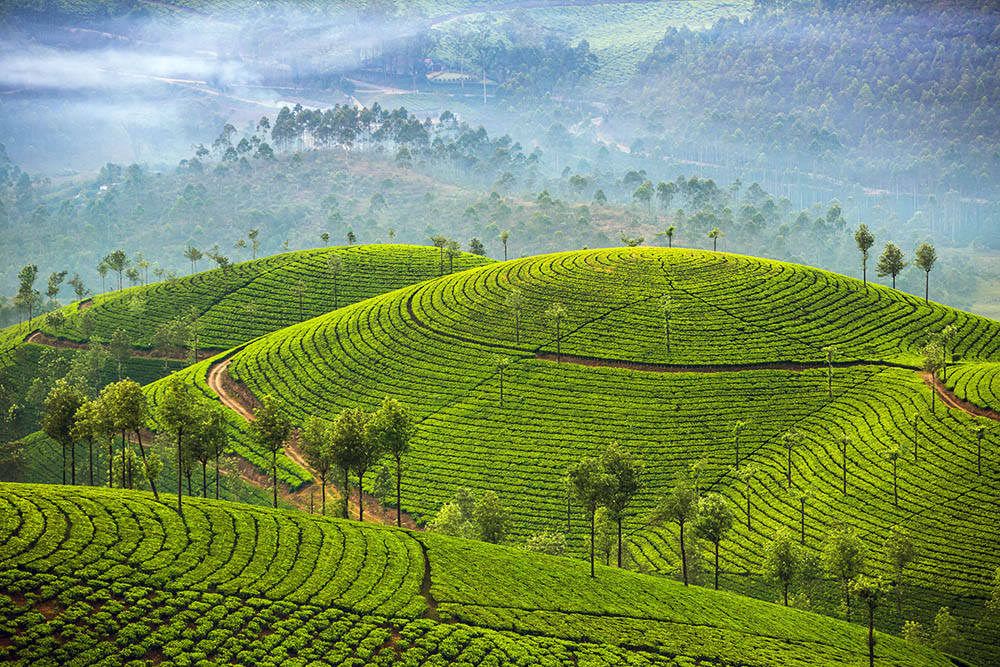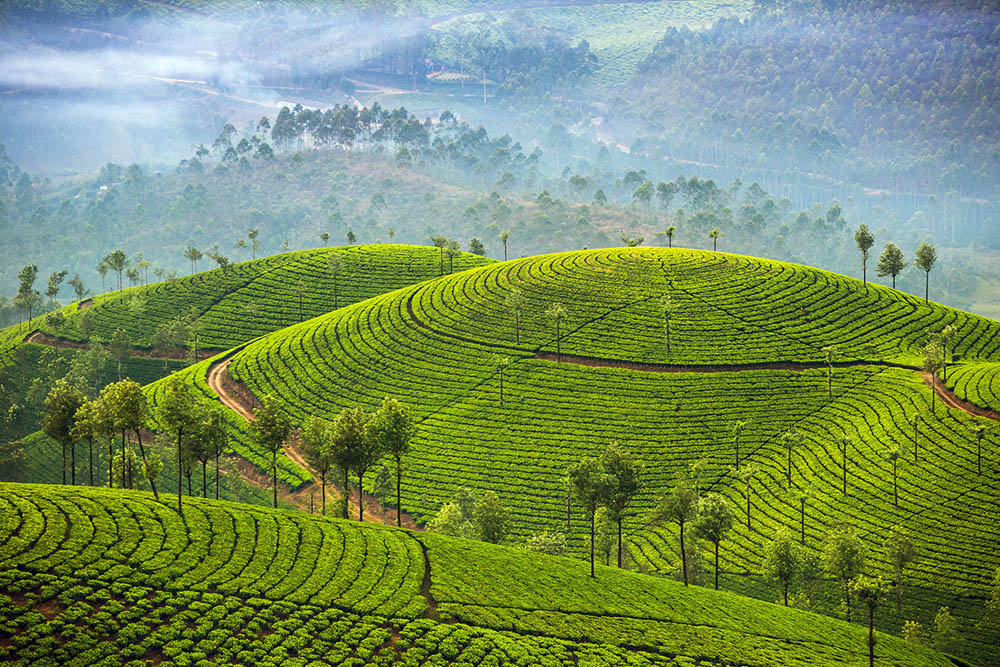India's spice garden
Welcome to Kerala

A free daily email with the biggest news stories of the day – and the best features from TheWeek.com
You are now subscribed
Your newsletter sign-up was successful
Each week, we spotlight a dream vacation recommended by some of the industry's top travel writers. This week's pick is Kerala, India.

"I owe black pepper an apology," said Kim Severson at National Geographic Traveler. At home, the ubiquitous table spice rarely wins my attention at most meals, but on a brief tour of the land that made it ubiquitous, I became a true enthusiast. In Kerala, India, spice gardens and tea plantations "cover the mountains like a tapestry," and the taste of the dried pepper berries is so wonderfully complex that you understand why the spice was once more valuable than gold and why traders have sought out this southern coastal region for four millennia. I arrived from Atlanta with chef Asha Gomez expecting a low-key week of exploring her Indian culinary roots. It ended up being "a farm-to-table trip on steroids."
Asha was born in Thiruvananthapuram, Kerala's capital, where we spend our first night loading up on dosas at a place called Pai Brothers. A photojournalist has agreed to be our guide to Kerala's culinary landscape, and the next morning we leave the muggy city in a van and drive five hours to the cool air of the Cardamom Hills. As we near our destination, small spice gardens, each touting tours, "begin to pop up like roadside pick-your-own apple orchards." The mountaintop Briar Tea Bungalow outside Munnar sits on 2,500 acres, and the tea plants that surround the inn are "so meticulously trimmed, they look like suburban shrubbery." Tourists can pick tea in the morning, watch it get dried, then drink it in the afternoon. Instead, we drive to the edge of the Periyar Wildlife Sanctuary, where the eco-lodge Spice Village puts us up in bungalows that look like tribal huts, and serves us coffee made with cardamom and black pepper.
The Week
Escape your echo chamber. Get the facts behind the news, plus analysis from multiple perspectives.

Sign up for The Week's Free Newsletters
From our morning news briefing to a weekly Good News Newsletter, get the best of The Week delivered directly to your inbox.
From our morning news briefing to a weekly Good News Newsletter, get the best of The Week delivered directly to your inbox.
Everywhere, black pepper "remains the coin of the realm," cultivated in both vast plots and family gardens. I meet an ex-policeman in his 80s who shows me around his pepper patch. "This is the pepper people fought wars over," he says, adding that soil, elevation, and climate make the difference. At a shop at the edge of the field, I buy a small sack of his peppercorns and open it. The smell "brings to mind fresh cedar," and when I crack one between my teeth, "it is hot on the back of my tongue but fruity and full of character." I buy two more bags: "I finally understand how pepper is supposed to taste."
Book a room at the Tayalar Valley Bungalow. Suites start at $175.
A free daily email with the biggest news stories of the day – and the best features from TheWeek.com